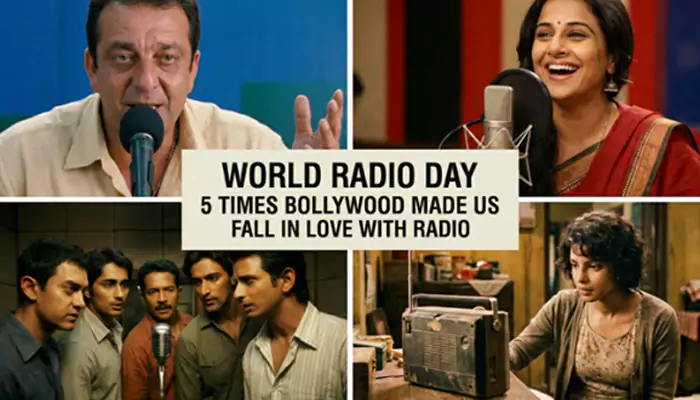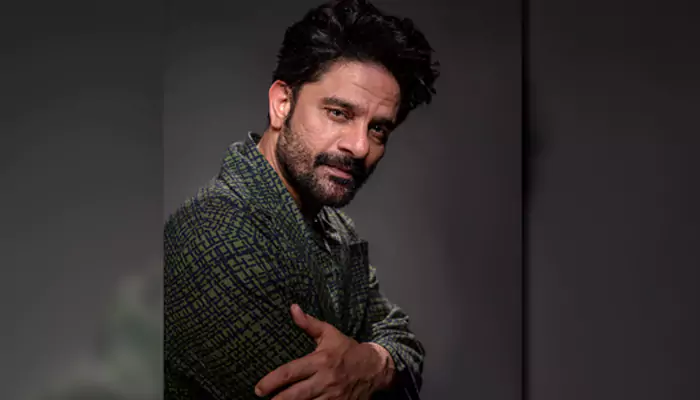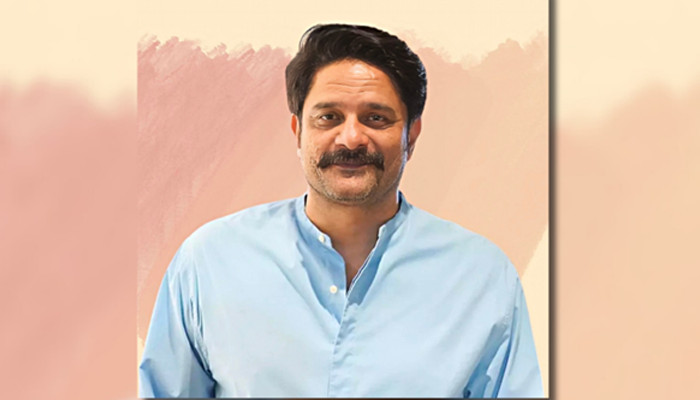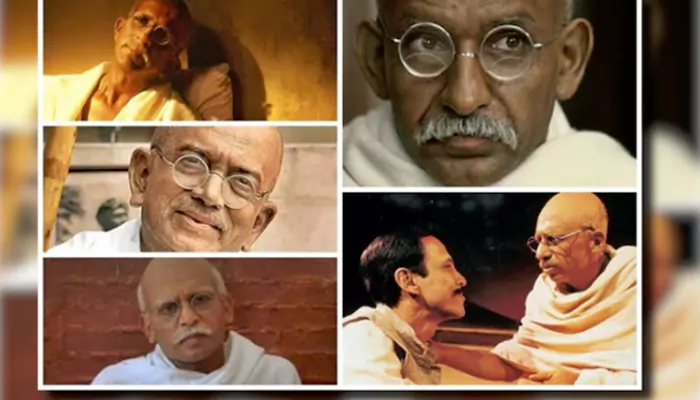Legacy on Screen: Classic Films and Their Impact on Modern Filmmaking
- Jayati
- 1 year ago
- 4 minutes read

These timeless classics didn’t just capture hearts—they inspired a whole new wave of masterpieces!
We all have that one movie that left a mark on us. Maybe it hit you during a formative age or when you were in need of a little magic. For many famous directors, a particular film sparked their passion for filmmaking. Some of these movies became their creative compass, shaping their style and influencing their entire body of work, while others took them in unexpected directions. Check out these films that captivated some iconic directors and fuelled their love for cinema, guiding their artistic journeys.
Paisan (1946)
When Martin Scorsese was young, he watched Paisan with his grandparents and was amazed by the power of movies. The film, which tells stories about Italy's freedom from German occupation through different episodes, made him feel like he was really seeing history unfold. Scorsese realised that movies are not just about what happens on screen but about how they connect with us. This special film helped him see that cinema is like a magical window to the world, showing us amazing stories and helping us understand our own experiences better.
The 400 Blows (1959)
Widely celebrated as a classic and a key film in the French New Wave, François Truffaut’s semi-autobiographical drama tells the story of a young Parisian boy who faces various challenges at school and home. Wes Anderson has shared that this movie played a big role in his decision to become a director. Although Anderson’s films are colourful and quirky, they often explore similar themes of youthful adventure and overcoming challenges, much like Truffaut’s film. You can see echoes of this in Anderson’s characters from movies like Moonrise Kingdom and Isle of Dogs, where young heroes navigate their own adventures with some challenging grown-ups along the way.
Once Upon a Time in the West (1968)
Quentin Tarantino, known for movies like Pulp Fiction, was inspired to become a director by Sergio Leone’s film Once Upon a Time in the West. Tarantino loved how Leone made movies with a unique style and strong storytelling. This film made Leone Tarantino’s favourite director. Tarantino’s own movies, like Django Unchained, show Leone’s influence, and he even worked with Leone’s music composer, Ennio Morricone, in The Hateful Eight.
Nashville (1975)
Paul Thomas Anderson, known for films like Boogie Nights and Magnolia, was deeply influenced by Robert Altman's movie Nashville. Nashville's unique storytelling, with its many characters and interwoven plots, inspired Anderson's own work. Anderson admired Altman so much that he even joked about "ripping him off" and worked as an assistant director on one of Altman's later films. It’s great to see how one talented director acknowledges and respects the influence of another!
Pickpocket (1959)
When asked about his first love in movies, Paul Schrader, the legendary screenwriter and director, mentioned Robert Bresson’s film Pickpocket. Seeing this French classic made Schrader realise he could have a place in filmmaking. The film, about a man who turns to pickpocketing and tries to perfect his craft without getting caught, struck a chord with Schrader. This inspiration eventually led him to write Taxi Driver, a film with a similar character study focus. Schrader later praised Bresson's storytelling in his book Transcendental Style.
Here’s another fun fact to wrap things up: Steven Spielberg’s love for filmmaking was ignited by Lawrence of Arabia. As a high schooler, he was so awestruck by the movie that it took two viewings to truly grasp its impact. He bought the soundtrack and a book about the film to dive deeper into its magic. Later, Spielberg had the honour of restoring the film and sharing it with David Lean himself!












